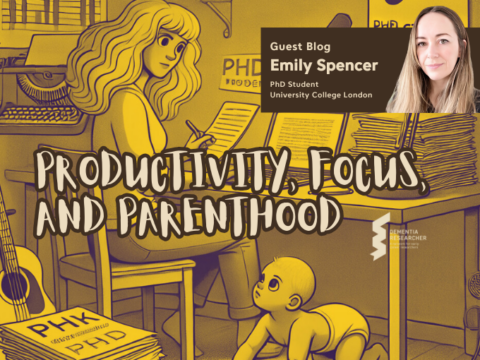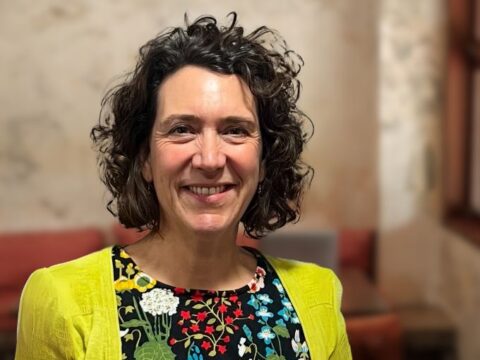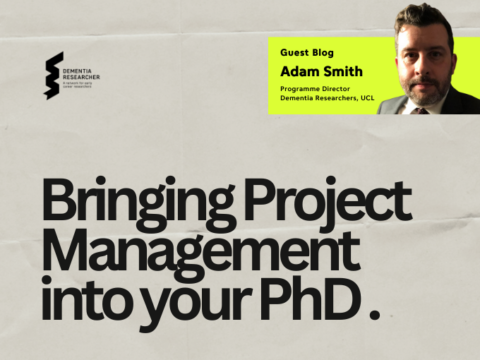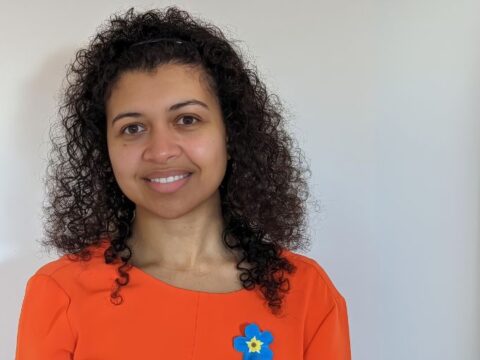The talk by Professor Rosemary Varley, organised by the UCL Queen Square Institute of Neurology describes the design of the therapy (and how it borrowed ideas from other domains of neurorehabilitation) and preliminary outcomes in sentence comprehension and production of the clinic-delivered intervention. Rosemary also covers the groups strategy in designing and testing a new intervention, and capture of consecutive awards that allowed them to move from single-case and case-series pilot studies, through to larger scale randomised control trials.
Rosemary Varley is Professor of Acquired Language Disorders in the Department of Language and Communication at UCL. Previous posts have included work in the NHS and research/teaching posts at the University of Hong Kong and the University of Sheffield. Most of her work is directed at the investigation of post-stroke impairments in adults. Major research themes are the application of neuroscience to aphasia rehabilitation, the development of biologically plausible accounts of speech and language, and exploration of residual cognition in severe aphasia to establish the role of language in thought and other domains of cognition. She is co-author of the software SWORD, a program that allows people with post-stroke speech disorder to self-manage their therapy. She co-authored the textbook Introduction to Language Pathology (with David Crystal). She has published research in major international journals such as Nature Reviews Neuroscience and Proceedings of the National Academy of Sciences of USA. Her research is funded by government research councils and charities. In 2006, she was awarded an ESRC Professorial Fellowship.
Intervention for sentence processing impairments in aphasia:
Sentence-level aphasia therapies are less developed than those targeting word/naming impairments. In the Stroke Association-funded UTILISE study, we explored the outcomes of a therapy based around a new approach to sentence processing – that of usage-based Construction Grammar. At the core of the intervention are common and functional sentences such as I made it, which are systematically primed, loosened and lengthened to create further utterances (e.g., I made it yesterday; I made you coffee yesterday). In our first study, therapy was delivered at relatively low-dose in clinic, but follow-on funding has allowed creation of an app that supports telehealth rehabilitation.
- 00:00:00 – Start
- 00:00:03 – Introduction Professor Alex Leff
- 00:01:42 – Talk – Professor Rosemary Varley
- 00:45:02 – Q&A







